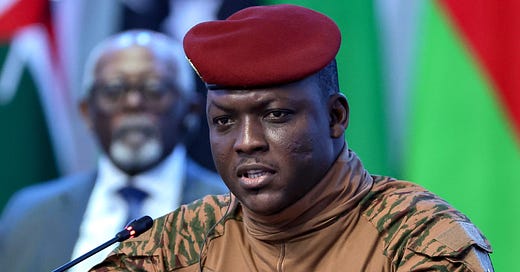In my commentary of August 11, 2023, I reviewed the analysis of Cuban scholars on the situation in West Africa in the context of recent coups d’état in Niger, Burkina Faso, and Mali. The Cuban scholars maintained that the Western African coups are supported by the people, because they are driven by an interest in severing French neocolonial control, which prevents West African states from formulating their own development plan. And because they seek to eliminate terrorist groups in the region, which have been supported by the Western powers in its effort to destroy sovereign national projects in the Islamic World. “Scholars in Cuba explain: Coups in Niger, Burkina Faso, and Mali seek sovereignty for Africa,” August 11, 2023.
Today I continue to reflect on the quest for decolonization in West Africa.



